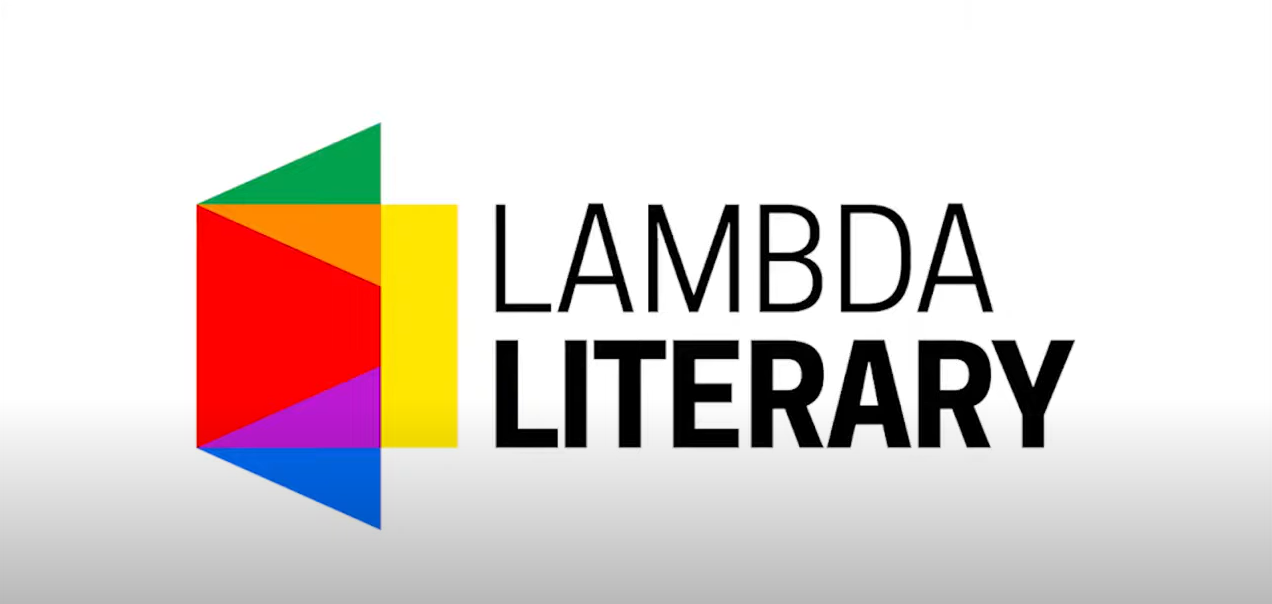The Lambda Literary Awards, lovingly known as “the Lammys,” occupy a prestigious standing in the realm of literature. They act as a guiding light, illuminating the vast array of encounters within the LGBTQ+ community and granting expression to narratives frequently neglected in conventional literary works.
The Genesis and Evolution of the Lambda Literary Awards
The inception of the Lambda Literary Awards dates back to 1989 when they emerged as a response to the urgent need for shining a spotlight on the literary contributions of LGBTQ+ authors. Fueled by the mission of the Lambda Literary Foundation, a non-profit organization dedicated to promoting LGBTQ+ literature, these awards were conceived to bestow well-deserved recognition upon LGBTQ+ narratives and their talented creators.
In its early days, the inaugural ceremony boasted a humble setting, featuring a select number of categories. The initial award distinctions revolved around Lesbian Mystery, Gay Men’s Mystery, Lesbian Science Fiction or Fantasy, and Gay Men’s Science Fiction or Fantasy. However, as time progressed, the awards expanded both in breadth and magnitude. Presently, the Lambda Literary Awards encompass over 20 diverse categories, encompassing the vast spectrum of LGBTQ+ literature.
Diversity Encapsulated: Understanding the Categories of Lambda Literary Awards
The Lambda Literary Awards underline the wide-ranging experiences within the LGBTQ+ community through diverse categories. To understand the depth and breadth of these awards, let’s delve into some key categories:
| Category | Description |
|---|---|
| Lesbian Fiction and Gay Fiction | These categories acknowledge novels or collections of short stories that encapsulate the experiences of gay men and lesbians. These works can range from everyday stories, historical narratives to speculative fiction, as long as they provide insightful perspectives on the lives and experiences of gay and lesbian individuals. |
| Bisexual Fiction and Non-fiction | These categories spotlight the experiences of bisexual individuals, presenting a nuanced representation of bisexuality in both fictional and non-fictional narratives. Through these categories, the Lambda Literary Awards underscore the importance of bisexual representation, often overlooked or misunderstood in the mainstream literary world. |
| Transgender Fiction and Non-fiction | A vital part of the Lambda Literary Awards, these categories honor the narratives surrounding transgender experiences in fiction and non-fiction. They acknowledge the unique challenges, joys, and complexities that come with being a transgender individual, contributing to a more comprehensive understanding of the diverse LGBTQ+ community. |
| LGBTQ Drama | This category highlights plays or scripts for performance that center on LGBTQ+ characters or themes. These narratives can range from poignant dramas, thrilling mysteries to powerful social commentaries, giving a stage to the multifaceted lives of LGBTQ+ individuals. |
| LGBTQ Graphic Novels | In recognition of the growing influence of graphic narratives, this category acknowledges works that illustrate LGBTQ+ experiences visually and textually. The category captures the evolving landscape of literature and art, serving as a testament to the adaptability and relevance of the Lambda Literary Awards. |
The Impact: Shaping the Literary World and the LGBTQ+ Community
The Lambda Literary Awards have played a crucial role in the literary world by going beyond the mere recognition of excellent literature. They have actively shaped the literary landscape by enhancing the visibility of LGBTQ+ authors and their narratives.
Platform for LGBTQ+ Authors
The Lambda Literary Awards have served as a significant platform for LGBTQ+ authors, allowing them to receive recognition for their work. This recognition not only celebrates their achievements but also encourages more authors to bring forth their stories about LGBTQ+ experiences. By acknowledging and showcasing LGBTQ+ literature, the awards inspire aspiring authors to share their unique perspectives, resulting in a richer and more diverse literary landscape.
Diversification of Literature
One of the far-reaching effects of the Lambda Literary Awards is the diversification of literature. By highlighting LGBTQ+ narratives, the awards have prompted publishers to support and publish more works that center around LGBTQ+ themes, characters, and experiences. This increased support has led to a wider range of stories being told, breaking away from the limitations of heteronormative perspectives. As a result, readers now have access to a more inclusive and representative selection of literature.
Breaking Stereotypes and Building Empathy
The Lambda Literary Awards have played a vital role in breaking down stereotypes and promoting empathy among readers. By showcasing a wide variety of LGBTQ+ narratives, the awards challenge preconceived notions and stereotypes about the LGBTQ+ community. Through literature, readers are able to explore different aspects of LGBTQ+ lives and gain a deeper understanding and appreciation for the diverse experiences within the community. This increased empathy helps foster a more inclusive society where LGBTQ+ individuals feel seen and understood.
Impact on the LGBTQ+ Community
The Lambda Literary Awards have had a profound impact on the LGBTQ+ community as a whole. By providing a platform for LGBTQ+ authors and amplifying their voices, the awards contribute to the visibility and representation of the community. This increased visibility has the potential to empower LGBTQ+ individuals, affirm their identities, and create a sense of community pride. Moreover, by promoting LGBTQ+ literature to a wider audience, the awards help educate the general public about LGBTQ+ issues, struggles, and triumphs, ultimately leading to greater acceptance and support.
Trailblazing Authors: A Glimpse of Notable Winners
The Lambda Literary Awards have honored numerous pioneering authors who have made a significant impact on LGBTQ+ literature. Here’s a closer look at some of the award’s notable laureates:
- Patricia Highsmith: Highsmith, awarded posthumously, was a substantial contributor to Lesbian Fiction. Her groundbreaking novel, “The Price of Salt,” later reissued as “Carol,” became a seminal work of lesbian literature. It was revolutionary for its portrayal of a lesbian relationship that defied the tragic stereotypes prevalent in literature of that time;
- Alan Hollinghurst: Hollinghurst, honored in the Gay Fiction category, offered a critical analysis of societal attitudes toward homosexuality in the 1980s through his book, “The Line of Beauty.” His work was noted for its exploration of themes such as class, politics, and sexuality, offering an unflinching look at the struggles and triumphs of gay men during that period;
- Alison Bechdel: Bechdel’s groundbreaking work, “Fun Home,” won her acclaim in the Lesbian Non-fiction category. This autobiographical graphic novel narrates her journey of self-discovery as a lesbian and her relationship with her closeted gay father. Her innovative use of the graphic novel form to explore such deeply personal and complex issues set a new standard for LGBTQ+ literature;
- Roxane Gay: Gay’s memoir, “Hunger,” won her recognition in the Bisexual Non-fiction category. The book is a bold and unflinching account of her struggles with body image, trauma, and bisexuality, offering readers an intimate look at the intersection of personal identity and societal expectations.
Conclusion
The Lambda Literary Awards serve as a testament to the richness and relevance of LGBTQ+ literature. By celebrating diverse narratives and voices, these awards contribute to a more inclusive and empathetic society. The awards underscore the power of storytelling to illuminate the diverse human experience, thereby reiterating that LGBTQ+ stories are an integral part of the global narrative. As we continue to strive towards an inclusive society, the importance of the Lambda Literary Awards will continue to grow, further cementing their status as a cultural landmark in the literary world.
FAQ
An author who identifies as LGBTQ+ and has published a book exploring LGBTQ+ themes can be considered for the awards. The book should have been published in the United States in the year preceding the award.
The award winners are chosen by a panel of judges, which consists of LGBTQ+ writers, librarians, booksellers, and critics. They evaluate the nominations based on their literary merit and alignment with LGBTQ+ themes.
Yes, self-published books are eligible for nomination, as long as they meet the other eligibility criteria, such as focusing on LGBTQ+ themes and being published in the appropriate year.
Yes, the Lambda Literary Foundation also presents the “Emerging Writer Award” to new authors who show promise in contributing to LGBTQ+ literature.



